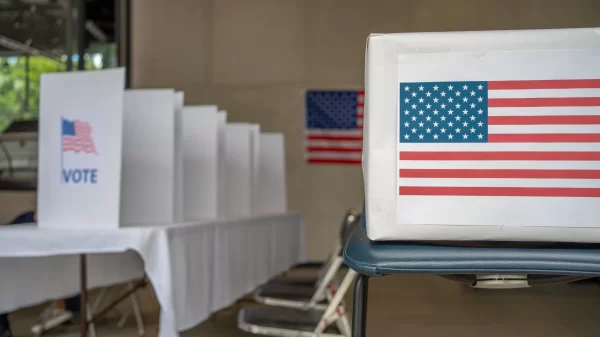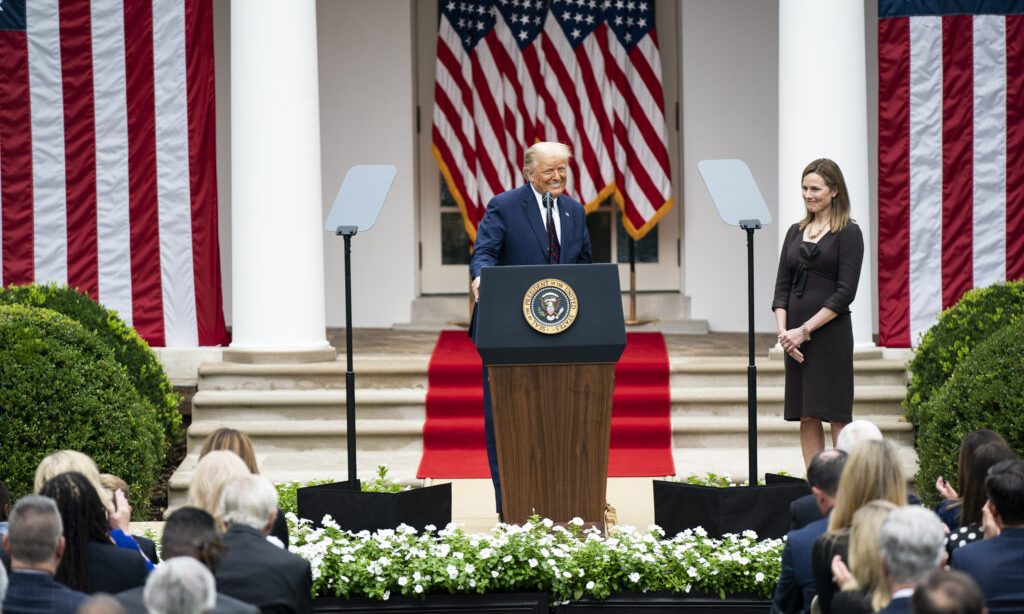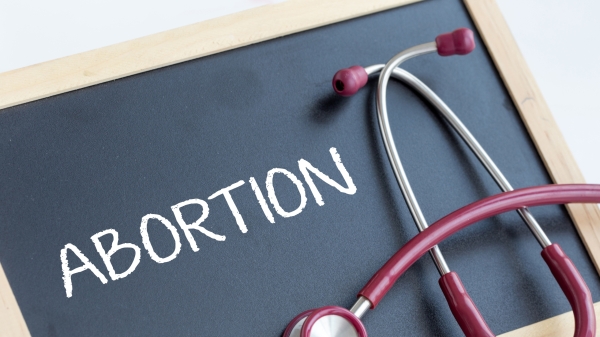President Donald Trump on Saturday nominated Judge Amy Coney Barrett to the U.S. Supreme Court, prompting Planned Parenthood to warn that Alabama could be poised to outlaw abortion if Barrett is confirmed to the nation’s highest court.
“If Amy Coney Barrett is confirmed to the Supreme Court, Alabama could be at the center of the fight to overturn Roe v. Wade,” said Barbara Ann Luttrell, Planned Parenthood Southeast’s vice president of external affairs. “Right now, 17 abortion-related cases are one step from the Supreme Court — including Alabama’s abortion ban. Most of these cases involve incremental restrictions that effectively ban abortion, without the need to overturn Roe. These incremental bans, combined with ‘trigger laws’ designed to immediately ban abortion if Roe were to fall, and with over 20 state legislatures hostile to reproductive health care, means that what little is left of abortion access could be eliminated for an estimated 25 million women of reproductive age with Barrett on the Supreme Court.”
Luttrell shared a full breakdown of the states where abortion is most under threat.
According to Planned Parenthood, more than 20 state legislatures, including Alabama, are hostile to reproductive health care, meaning that what little is left of abortion access could be eliminated for an estimated 25 million women of reproductive age with Barrett on the Supreme Court.
Last year, shortly after the Senate confirmed Justice Brett Kavanaugh, 25 abortion bans passed in 12 states: Alabama, Arkansas, Georgia, Indiana, Kentucky, Louisiana, Missouri, Mississippi, North Dakota, Ohio, Tennessee and Utah.
All of these laws have been blocked by lower courts and some are making their way up through the appeals process.
Since 2011, more than 480 abortion restrictions, such as mandatory waiting periods, two-trip requirements, bans on insurance coverage, and telehealth abortion bans, have passed in states, making it harder or impossible for people — particularly women with lower incomes — to access abortion services.
Five states only have one abortion provider left: Mississippi, Missouri, North Dakota, South Dakota and West Virginia.
According to Planned Parenthood, 10 states have trigger bans, laws designed to immediately ban all or nearly all abortions if Roe were to fall: Arkansas, Idaho, Kentucky, Louisiana, Mississippi, Missouri, North Dakota, South Dakota, Tennessee and Utah.
Nearly half of the states have some combination of trigger bans, pre-Roe bans and hostile legislatures that position them to ban abortion quickly.
In 2019, Illinois, New York, Rhode Island, and Vermont enacted laws that would protect the right to abortion no matter what happens in the White House or at the Supreme Court.
In 2019, Vermont became the first state in U.S. history to advance a constitutional amendment process to make abortion a Constitutional right.
Pro-abortion state legislators in Massachusetts are pushing to guarantee abortion rights in the state. The Roe Act would enshrine the right to reproductive freedom into state law.
The majority of voters in Alabama voted in favor of a constitutional amendment to outlaw abortion if the controversial 5-to-4 1973 Roe v. Wade decision were overturned.



















































